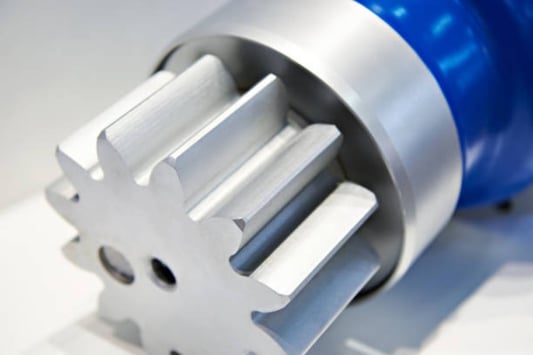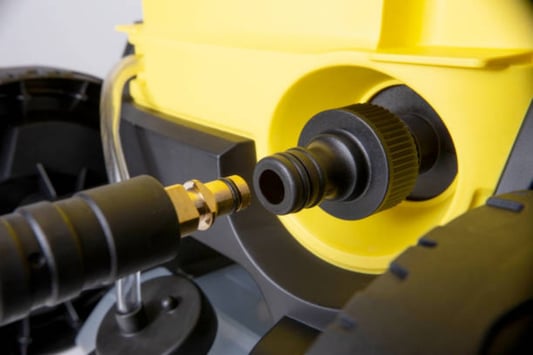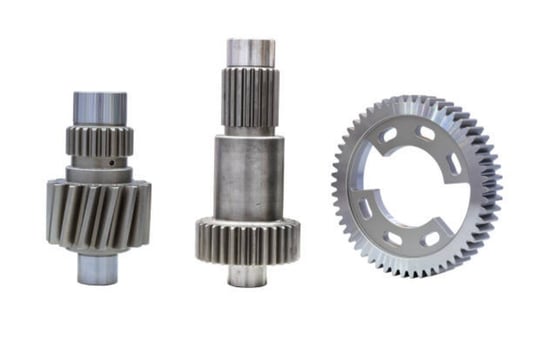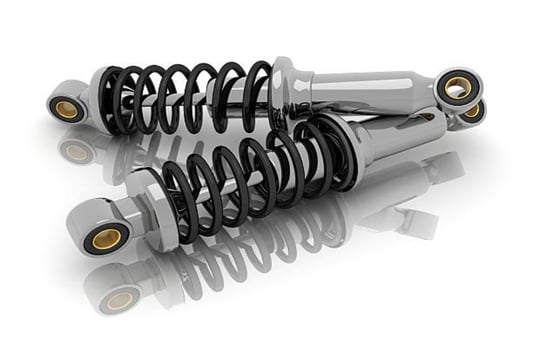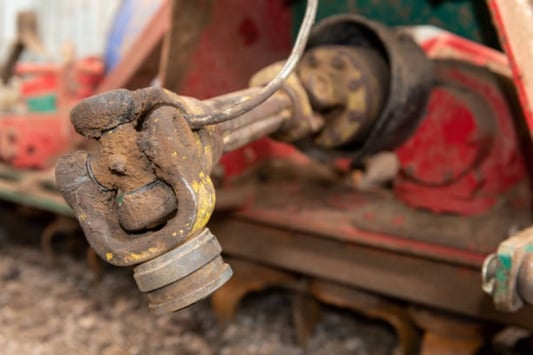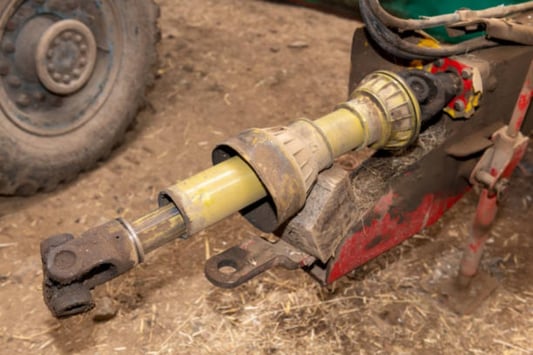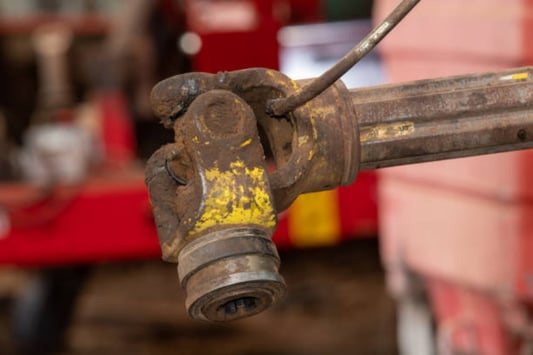Understanding the Importance of PTO Drive Shafts for TractorsDrive shafts are integral components of any vehicle that help transfer power from the engine to the wheels. In tractors, the power take-off (PTO) drive shaft is responsible for transmitting power to various attachments such as mowers, balers, and cultivators. used tractor pto drive shafts are popular among farmers looking for a cost-effective alternative to buying new equipment. However, before investing in a used PTO drive shaft, there are several factors to consider.Inspecting the Condition of the Drive ShaftOnce you've decided to buy a used PTO drive shaft, the first thing to inspect is its condition. Look for signs of wear and tear, rust, and cracks, which can indicate that the shaft has been subjected to excessive strain. Pay attention to the universal joints, which are prone to wear and tear over time. Always test the drive shaft by rotating it to ensure that it's functioning correctly.Matching the Drive Shaft to Your TractorPTO drive shafts come in different sizes and shapes, and it's important to ensure that you choose a drive shaft that matches your tractor's specifications. Consider factors such as the tractor's horsepower, the rotational speed of the PTO, and the type of attachment you'll be using.Choosing the Right Length of the Drive ShaftThe length of the PTO drive shaft is another important consideration. If the drive shaft is too short, it can cause the attachment to run at a higher speed than the tractor's PTO. Conversely, if the drive shaft is too long, it can cause the attachment to run at a lower speed, leading to reduced efficiency. Measure the distance from the tractor's PTO to the attachment's input shaft to determine the right length for your drive shaft.Checking for Compatibility with Different AttachmentsSome attachments may require additional couplings and adapters to be compatible with the PTO drive shaft. Make sure to check the compatibility of the drive shaft with different types of attachments, especially if you plan to use multiple attachments with your tractor.Evaluating the Age of the Drive ShaftPTO drive shafts have a limited lifespan and tend to wear out over time. It's essential to evaluate the age of the drive shaft and factor in its condition before making a purchase. A worn-out PTO drive shaft can pose a significant safety risk and cause accidents.Considering the Price and WarrantyUsed tractor PTO drive shafts are more affordable than new ones. However, before making a purchase, always compare prices across different sellers to ensure you're getting the best deal. Additionally, check if the drive shaft comes with a warranty or a return policy in case of defects.Visiting a Reputable DealerOne of the best ways to ensure you're getting a quality used tractor PTO drive shaft is to purchase it from a reputable dealer. Certified dealers typically inspect the used equipment thoroughly and offer customized advice to match your needs.Maintaining the Drive Shaft RegularlyOnce you've installed the used PTO drive shaft, make sure to maintain it regularly to prolong its lifespan. Clean the drive shaft regularly and lubricate the universal joints to prevent rust and wear.The Bottom LineInvesting in a quality used tractor PTO drive shaft is an excellent way to save money while getting the job done efficiently. However, it's crucial to evaluate several factors, such as the condition of the drive shaft, its compatibility with attachments, and the tractor's specifications, before making a purchase.Quote InquiryContact Us


